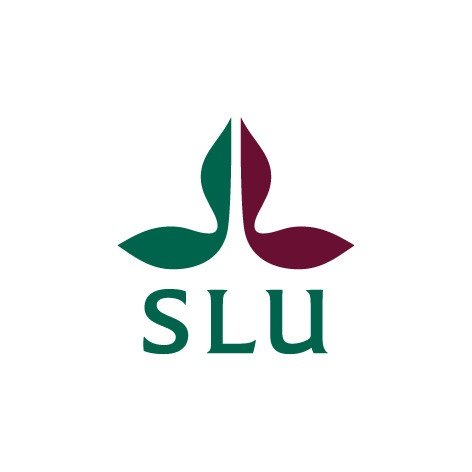Title: Multiscale structure of food materials: how to look at a complex challenge with complementary tools
When: 19 September 2023, 10:00 to 16:00 CET (Stockholm time)
Where: KTH, Stockholm (physical event only)
Description:
Food materials at all production stages, from the original raw materials through the final products ingested by consumers, are complex assemblies of biopolymers and small metabolites, in terms of their molecular composition and multiscale organization from the molecular to the macroscopic level. Moreover, all steps in the preparation of the food products, from the raw materials, extraction of suitable ingredients, processing and storage, affect the sensory properties of the food we ingest as consumers, the bioavailability of the nutrients through the gastrointestinal tract, and the derived health benefits. Therefore, a combination of multiple analytical approaches is needed to understand the composition and structural properties of food materials.
The objective of this workshop is to present existing and new infrastructure available at KTH and SLU for the understanding of food complex materials (including foodomics, hydrodynamic processing, nanoIR and NMR, microscopy), and to bridge the gap with the information provided by scattering techniques within the Northern Lights on Food community. We believe that bringing together complementary expertise and infrastructure within soft food materials is fundamental to contribute to the current revolution of the food system.
We invite all researchers involved in the Northern Lights on Food theme at LINXS or working on soft materials with interest on multiscale structure, from the molecular level to the macroscale.
Agenda:
10:00 -12:00 Morning session. AlbaNova University Centre
Presentation of the workshop: Francisco Vilaplana (KTH) and Maud Langton (SLU)
Short presentations (10 min each): Molecular understanding of food components through foodomic approaches
· Maud Langton (SLU): “Food structure and properties”
· Francisco Vilaplana (KTH): “Molecular structure of dietary carbohydrates using chromatography and mass spectrometry”
· Mathias Johansson (SLU): “Food rheology”
· Henrik Hansson (SLU): “In-vitro digestion at Molecular Sciences, SLU”
Discussion and future directions
Visit to the new infrastructure for food chemistry and Foodomics at KTH
12:00 – 12:45 Lunch
12:45 - 13:00 Walk to KTH main Campus
13:00 – 16:00 Afternoon session. KTH Main Campus Valhallavägen
Visit to the Department of Mechanics, the Department of Fibre and Polymer Technology and the Department of Chemistry (2MILab and SwedNMR).
Short presentations: Determination of material properties and multiscale structure of complex food assemblies
· Istvan Furó (KTH): ”Food applications hungry for NMR”
· Hanna Eriksson Rönisch (SLU): ”Quantitative NMR-based metabolomics methods and possible applications to food science”
· Mikael Hedenqvist (KTH): “On the border of materials and food”
· Christofer Lendel (KTH): "High-resolution structures of protein nanofibrils"
· Anja Herneke (SLU): “Effect of different morphological characteristics of protein nanofibrils (PNFs) ability to align in a flow-focusing device: revealed by small-angle scattering”
· Magnus Johnson (KTH): ”Vibrational spectroscopy from macroscale to nanoscale”
Discussion and future directions
Organisers: Francisco Vilaplana (KTH, Stockholm), Maud Langton (SLU, Sweden) and Marjorie Ladd Parada (KTH, Stockholm), Christofer Lendel (KTH).
Contact:
For specific questions to the organisers, please contact franvila@kth.se
For practical questions about the workshop, please contact josefin.martell@linxs.lu.se
During our events we sometimes take photographs and short film clips to profile our activities. Please let us know if you don’t want to be in any photos/films before we start the event. Some webinars are recorded to be used for educational purposes in the LINXS website.
By registering to our events you give your permission to LINXS, according to the General Data Protection Regulation (GDPR), to register your name and e-mail address to be used for the sole purpose of distributing newsletters and communications on LINXS activities.
If you don’t recieve registration comfimation please check your spam mail.




